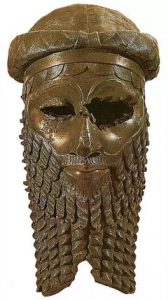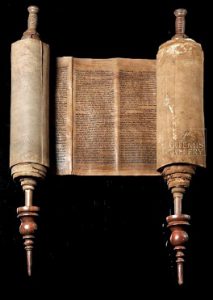This is mark Joseph “young” blog entry #427, on the subject of The New Jersey 2021 Ballot.
It’s a big election in New Jersey this year, as the two executive offices are up for election along with every seat in both houses of the state legislature. Also, there are again two public questions on the ballot, as New Jerseyans are again asked to amend the state constitution to allow something new.
The sheer number of seats in the two legislatures makes it impossible to cover the candidates with any accuracy. Democrats control both houses presently, and given the fact that New Jersey’s demographics are gradually shifting more urban and less rural/suburban, that is unlikely to change.
However, the gubernatorial race has been very hot, as each of the two major candidates has been attacking the other.
Democratic incumbent Phil Murphy (left in the picture) is a former Goldman Sachs executive, ambassador to Germany, and National Democratic party finance chair. He has been largely responsible for New Jersey’s response to COVID. Some will say that this was an excellent program which saved New Jersey from disaster, given that a significant part of the state was a short commute from New York City, which had rapidly become the epicenter of the disease. Others will say that the governor pushed a nanny-state agenda, imposing unnecessary restrictions and regulations on businesses and citizens. The balance on this might tip the election.
If re-elected Murphy will almost certainly continue to press the progressive programs of the Democratic party. No Democrat has served two terms since Brendan Byrne in the 1970s, but the office has tended to bounce back and forth between the two parties.
His main opponent is Republican Jack Ciattarelli (pictured, right), a former state assemblyman who campaigns simply as Jack. He has a Masters of Business Administration, and promises to fix New Jersey’s problems, asserting that Murphy is out of touch with the real citizens of the state, and that taxes are out of hand and the governor has handled allegations of sexual misconduct poorly. Murphy, meanwhile, claims that Ciattarelli will turn back the progressivist advances in areas like abortion.
This is unlikely. As noted, both legislative houses in New Jersey are controlled by the democrats, and that is unlikely to change in this election. As such, a Republican governor could potentially slow the rapid slide to the left, but probably could not shift the state to the right.
On that point, there is a benefit in having the executive and the legislature held by opposing parties: it prevents either party from enacting its most extreme policies, reining in government to a more moderate position.
There are three “third party” candidates on the ballot, the Green Party’s Madelyn Hoffman, Libertarian Gregg Mele, and Socialist Workers Party Joanne Kuniansky. Votes for third party candidates in most elections essentially support the victory of the major party candidate most opposite that position, that is, the voter who thinks that the Libertarian candidate is a better choice than the Republican and so votes that way weakens the Republican candidate helping the Democrat get into office, in the same way that votes for the Green or Socialist Workers party tend to benefit the Republicans.
The office of Lieutenant Governor in New Jersey is not elected independently, but as with the Vice Presidency to the President is the gubernatorial candidate’s running mate.
Both of our public questions would expand gambling in the state if approved.
The first question concerns collegiate sports betting. New Jersey currently allows betting on sports, but with the caveat that New Jerseyans cannot place bets on any games involving New Jersey college teams, either at home or away. This question would amend the constitution so as to remove that restriction.
Betting on sports events has only been permitted for less than a decade, and local collegiate sports were always excluded. The fear generally is that wagering on sports always has the potential to result in pressure on players, and that this would be bad for college students. However, since the restriction doesn’t cover all college events (New Jersey gamblers may bet on games in which both teams are from out-of-state colleges), there is some reason to question its value.
The second question pertains to raffles and similar fundraising efforts (e.g., Bingo). There is a long list of organizations permitted to conduct these in New Jersey which includes such groups as volunteer fire departments, veterans groups, charitable organizations, schools, and religious organizations, but requires that the proceeds of any such activities be used for specific activities such as charity and education, and that only veterans and senior citizens groups can use the proceeds of such activities to support their own groups.
The amendment reduces the restriction by permitting all groups currently permitted to hold raffles to apply the net proceeds of those raffles to their own groups, that is, a civic group such as the Rotary Club could hold a raffle and then use the proceeds to fund the Rotary Club itself, instead of being required to apply the money to one of the short list of approved uses.
Exactly how much difference that would make is unclear, other than that there are likely to be more raffles in the future if it passes.









